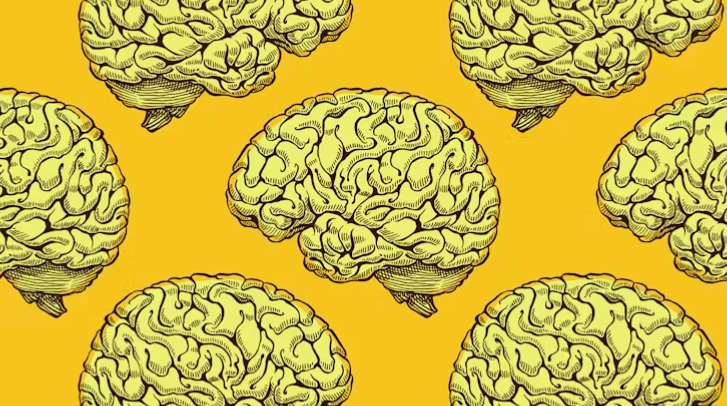
“An association between [cannabis] treatment and improvements in anxiety, sleep quality, and general HRQoL was observed in patients with ADHD. Treatment was well tolerated at 12 months.”
Ittiphakorn, 2023, Neuropsychopharmacology Reports
Expanding ADHD treatments with cannabis

ADHD—or attention-deficit/hyperactivity disorder—is a neurodevelopmental condition usually characterized by uneven focus, hyperactivity and impulsivity. While traditionally classified as a disorder, many experts now define it as a type of neurodivergence (a natural human variation in how different brains process information).
Viewed from this perspective, ADHD presents unique benefits such as creative thinking, high energy levels, and hyperfocus. Yet the diagnosis comes with its share of difficulties, too: Not just difficulty focusing, hyperactivity and impulsiveness, but higher incidence of sleep issues, anxiety, and depression. These difficulties can negatively impact quality of life, school, work, and social relationships.
The National Health Interview Survey estimates that over 10% of the US population has ADHD. While some medications have proven somewhat effective in mitigating ADHD symptoms (such as Adderall, Ritalin, or Wellbutrin), many of them cause negative side effects. Due to risks like decreased appetite, insomnia, emotional dysregulation, irritability, and adverse cardiovascular events, many individuals diagnosed with ADHD avoid taking these medications.
Given these challenges to treating ADHD, researchers have wondered whether cannabis might present an effective alternative, without such a high risk factor. Cannabis is known to activate the endocannabinoid system, which ADHD may impair, according to pre-clinical research. Additional research indicates that cannabis could help boost concentration, motivation, learning, memory, hyperactivity and impulsivity in individuals with ADHD.
Other studies, however, have observed that cannabis can worsen cognitive function for ADHD patients.
Originally published on Leafly.com.
